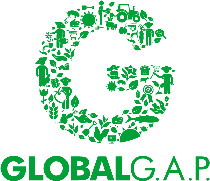GLOBALG.A.P. ANNUAL REPORT 2022
Systems and services update
Capacity building
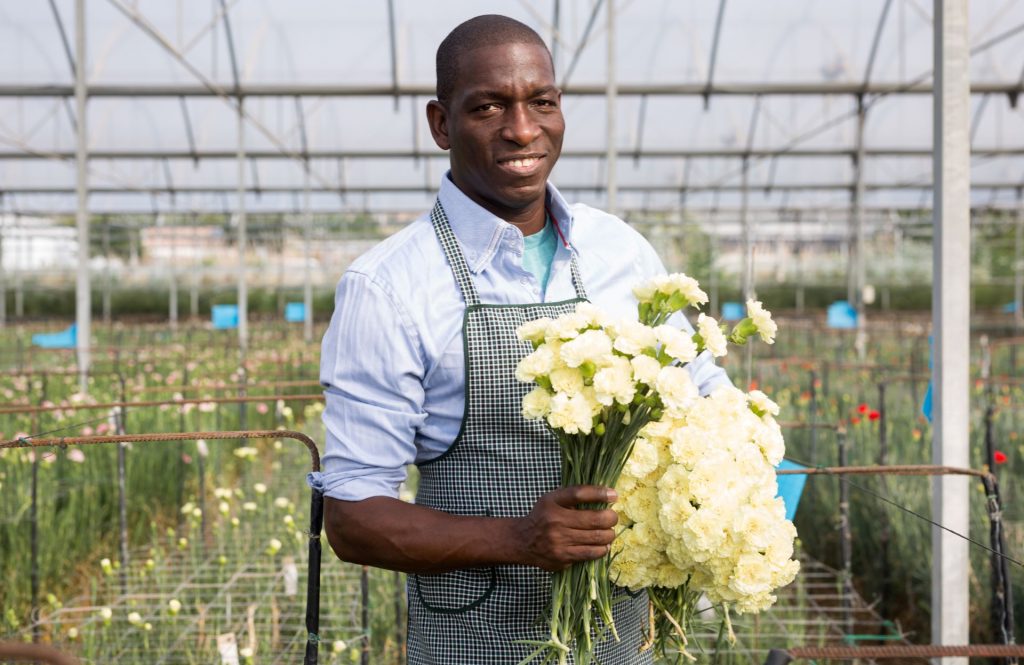
The term “capacity building” encompasses all of the GLOBALG.A.P. activities aimed at raising awareness of responsible farming practices and facilitating their implementation on the ground. This includes training from the GLOBALG.A.P. Academy, working with consultants and freelance trainers through the Registered Trainer program, projects supported by collaboration with other organizations around the world, as well as events such as GLOBALG.A.P. TOUR stops. All of the capacity-building efforts are vital to the GLOBALG.A.P. mission of fostering the global adoption of safe, socially and environmentally responsible farming practices.
The GLOBALG.A.P. Academy
The GLOBALG.A.P. Academy offers workshops and training programs to transfer our extensive certification experience, knowledge, and expertise to those who need it. Targeted, up-to-date trainings are offered in various locations around the world. Due to the COVID-19 pandemic, most recent trainings have been held online.
The GLOBALG.A.P. Academy offered courses on the following topics in 2022:
Courses by type
Capacity building projects
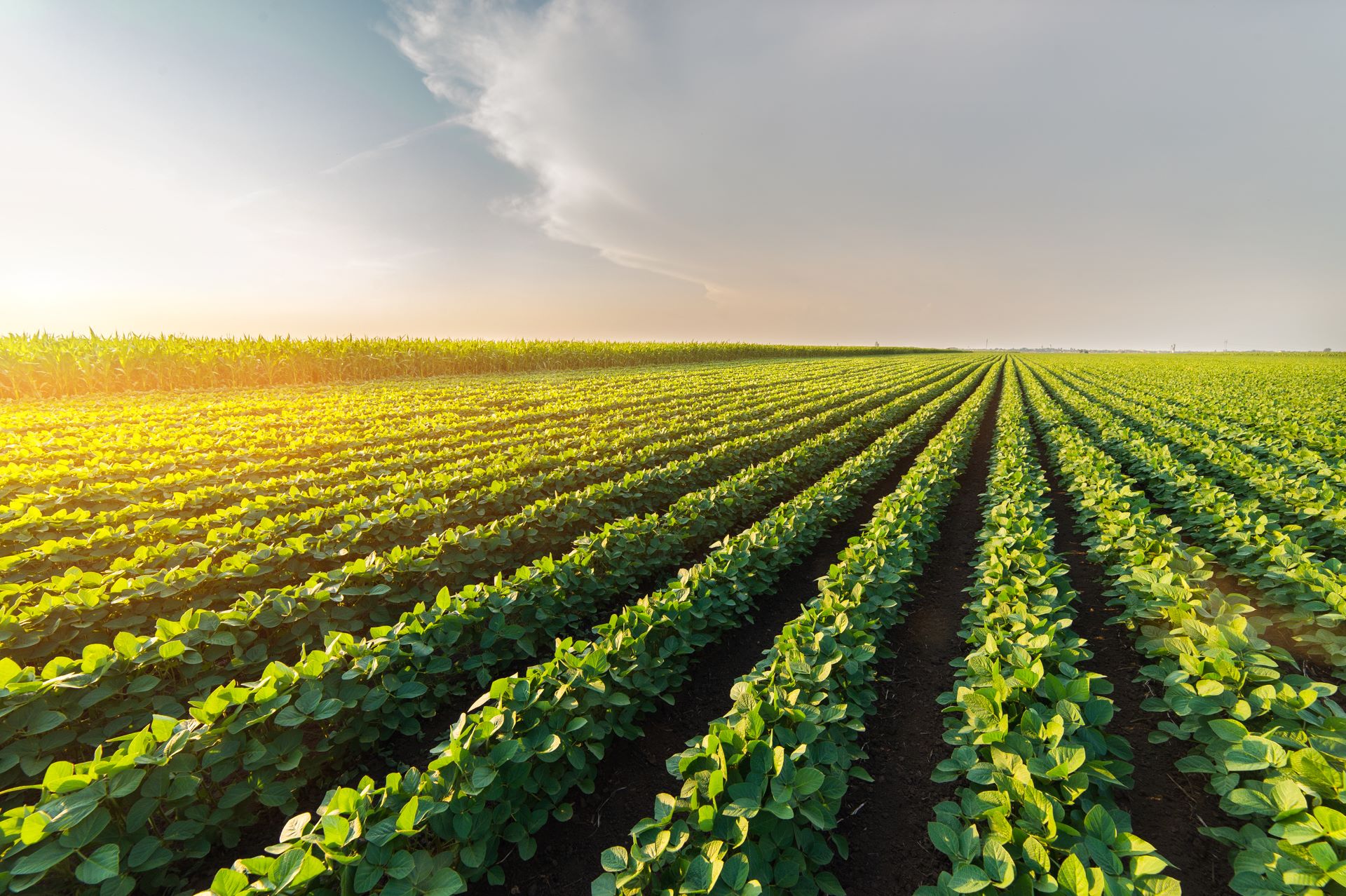
The Namibian Agronomic Board (NAB) is on a mission to promote the Namibian agronomic industry, facilitating the production, processing, storage, and marketing of controlled agronomic and horticultural products in Namibia. The NAB sees GLOBALG.A.P. as an important tool in this process, and the GLOBALG.A.P. Secretariat has been working alongside NAB to facilitate the adoption and integration of the localg.a.p. PFA and GLOBALG.A.P. IFA standards in the region.
Activities throughout 2020 and 2021 have included the delivery of several training workshops to enhance the capacities of local experts in the assessment and implementation of GLOBALG.A.P. and localg.a.p. standards, as well as the provision of group certification workshops on quality management systems and internal inspector training.
In May 2022, former Managing Director Kristian Moeller* visited Namibia to speak with industry and government representatives on the importance of both GLOBALG.A.P. and localg.a.p. for Namibia. Discussion included the next steps toward adaptation of IFA to Namibia’s national legislation, while legislation was drafted in reference to minimum requirements for commercial sales of crop-based products in the country.
The GLOBALG.A.P. Secretariat also conducted a series of mentorship programs in 2022, working closely with producers to prepare them to independently assess the status quo of farms under the localg.a.p. and GLOBALG.A.P. standards.
A total of 45 experts were trained in the IFA standard for fruit and vegetables, the Primary Farm Assurance standard, and group certification processes. An additional Namibian localg.a.p. program was also established for selected value chains.
*Dr. Kristian Moeller resigned from his role as Managing Director at GLOBALG.A.P. c/o FoodPLUS GmbH in May 2023.
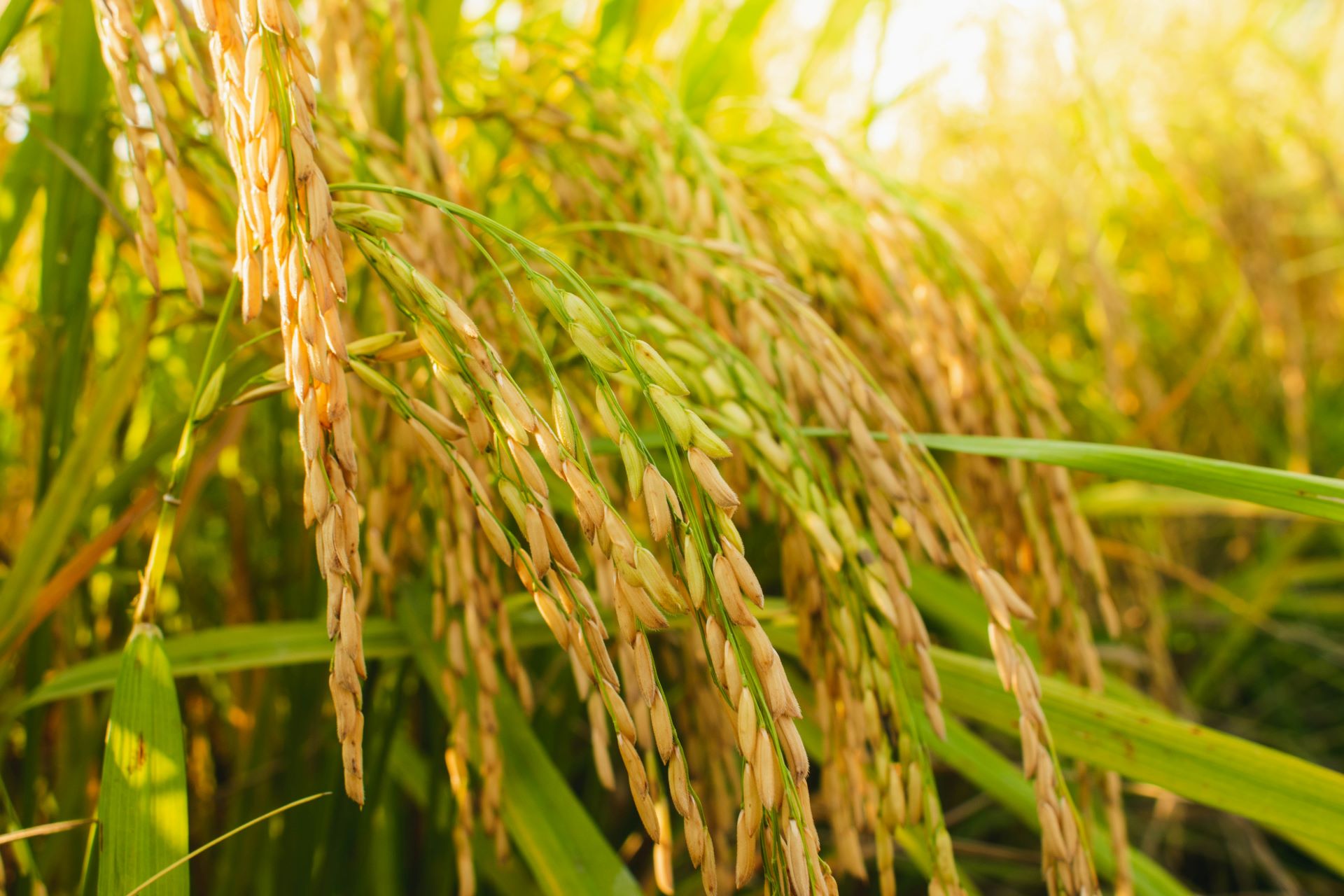
Agriculture forms an essential part of the national economy in Tanzania. Under the Tanzanian Five-Year Development Plan, the Ministry of Agriculture plans to strengthen agriculture so that its share of Tanzania’s GDP will rise from 22% at present to 32% by 2025 or 2026. In addition, a national food security target has been set, with a self-sufficiency rate of 140%.
As part of the efforts to meet these targets, a partnership between the GLOBALG.A.P. Secretariat, the Tanzania Horticultural Association (TAHA), and the Finnish agriculture agency for Food and Forest Development (FFD) sought to create better, more sustainable livelihoods for smallholder farmers in Tanzania. The partnership aimed to encourage smallholders to meet the quality demands of domestic export markets in order to drive growth. Specifically, increased awareness of and alignment with European market requirements was pursued through training on the GLOBALG.A.P. IFA standard for fruit and vegetables as well as the SPRING and GRASP add-ons, with the focus on increasing the number of certified producers in Tanzania.
The GLOBALG.A.P. Secretariat facilitated the delivery of several online Registered Trainer workshops to enhance the capacities of local experts in the implementation of the IFA standard. This project has also focused on training producers in the implementation and assessment of GRASP.
As well as providing training, the GLOBALG.A.P. Secretariat worked in close collaboration with TAHA and FFD to organize a multi-day GLOBALG.A.P. TOUR stop in 2022 aimed at addressing market access challenges that were preventing compliance with GLOBALG.A.P. standards. Bringing together a diverse audience of producers, researchers, development partners, and government and industry representatives, the TOUR stop provided farmers, exporters, and traders with the information they need to not only achieve certification to IFA for fruit and vegetables but also to comply with the latest social sustainability criteria (including GRASP) and achieve sustainable water management through the SPRING add-on.
We are proud of the opportunity to work alongside so many different participants with the same goal of supporting smallholders in Tanzania. Held in late November 2022, the TOUR stop key topics included assessing good agricultural practices in a global context, analyzing challenges and trends of GLOBALG.A.P. certification, amplifying consumer awareness of food safety, improving collaboration initiatives, and opportunities for producers, traders, and exporters.
Over the course of the project, a total of 15 TAHA experts were trained on the IFA standard for fruit and vegetables and the GRASP add-on, enabling them to become Registered Trainers and further guide producers through the implementation process.
As of December 2022, over 750 Tanzanian producers were certified to IFA for fruit and vegetables. Almost 600 were assessed to GRASP and one was assessed to SPRING. The GLOALG.A.P. Secretariat continues to work in Tanzania providing private IFA trainings.
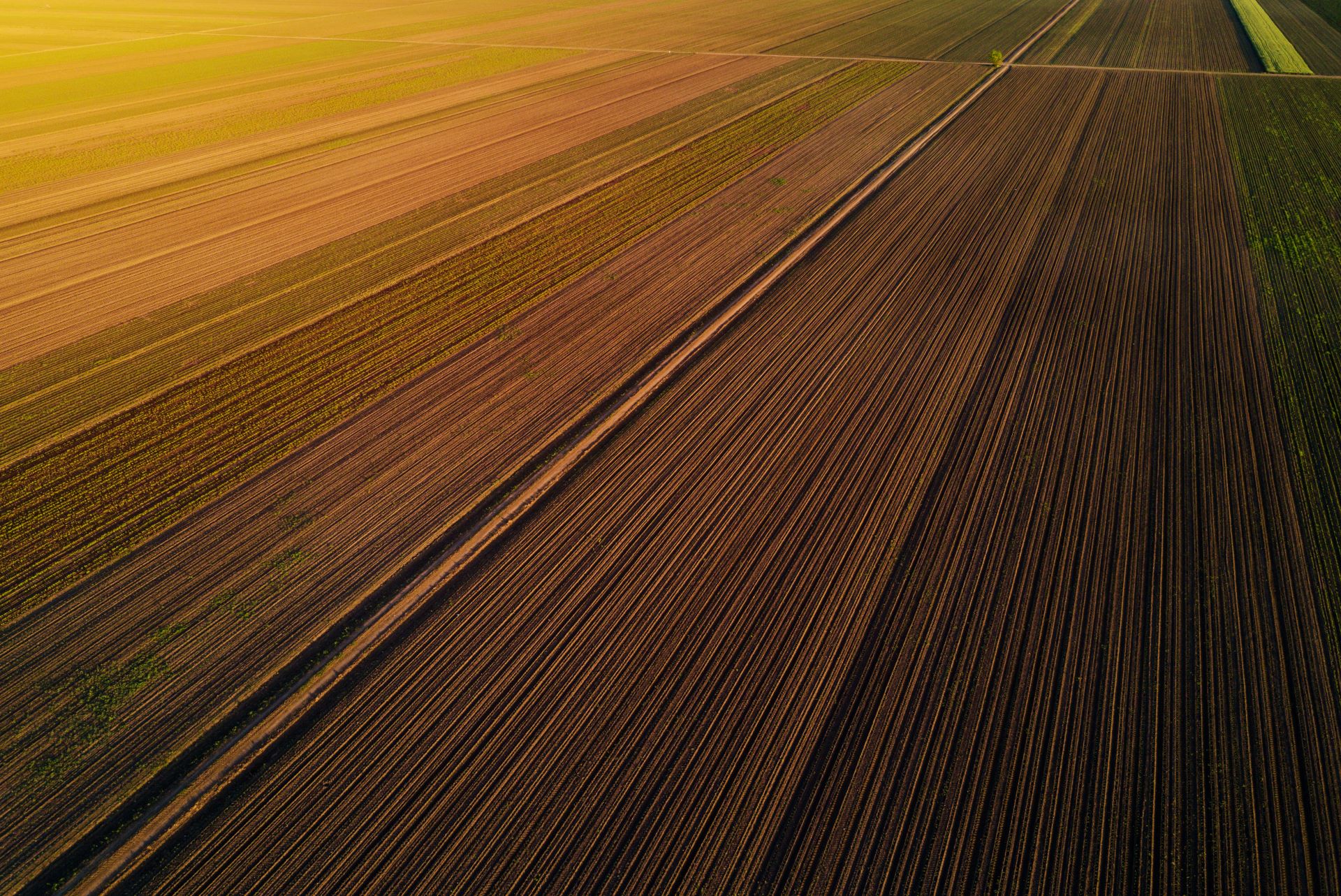
Employing 27% of Uzbekistan’s 35 million people, the agriculture industry plays a key role in the central Asian nation. The sector currently contributes to 28% of the country’s GDP and continues to see a 1.7% annual growth rate. In 2022, GLOBALG.A.P. partnered with the Deutsche Gesellschaft für Internationale Zusammenarbeit (GIZ) in order to support government efforts to diversify and intensify crop production.
Uzbekistan has about 4.5 million hectares of arable land, about 10% of its total area, of which 4 million hectares are under irrigation. The country produces an annual 20 million tons of fruits and vegetables, though only 15% of this volume is processed at the industrial level and of this, up to 8% is exported. While the government has a long-term strategy with ambitious goals to become a global leader in the production and export of agricultural products, a significant obstacle remains underdeveloped infrastructure which leads to a loss of 30% of products during storage and collection. The GLOBALG.A.P. Secretariat seeks to mitigate this by increasing awareness of its solutions and establishing a cohort of specialized Registered Trainers in Uzbekistan.
Working closely with GIZ as well as with academic, political, and private sector bodies within Uzbekistan, the GLOBALG.A.P. Secretariat has supported the identification of 60 agricultural experts from across the country to receive specialized training in the flagship Integrated Farm Assurance (IFA) standard.
Representatives have made several trips to Uzbekistan meeting directly with ministry and industry representatives to facilitate GLOBALG.A.P. trainings, as well as to spread awareness of how the IFA standard can meaningfully support Uzbek farmers.
Face-to-face training is being conducted in English, Russian, and Uzbek. The new Registered Trainers will be enabled to provide training on the GLOBALG.A.P. standard directly to farmers in Uzbekistan, creating a system where certification can become streamlined and widespread throughout Uzbekistan without the need of extensive external support.
Registered Trainers
The Registered Trainer program succeeded the Farm Assurer program in January 2022.
Registered Trainers are independent, GLOBALG.A.P. trained and approved consultants who provide expertise to producers. With first-hand knowledge about the GLOBALG.A.P. system and the latest industry developments, they make the standards easier to understand and provide professional, personalized guidance which enables producers to make more informed commercial decisions and learn about new market opportunities that GLOBALG.A.P. certification can bring.

Number of Registered Trainers per region in 2022
Hover over the dots to see the number of Farm Assurers.
Registered Trainer news
Zimbabwe local and Registered Trainer Clarence Mwale gained recognition from GLOBALG.A.P. in 2022 for leading the project on the GLOBALG.A.P. IFA standard for combinable crops certification process for the Bambara nut. Set for the European market, the Bambara nut could be the next big superfood. Mwale also has supported the implementation of quality management systems, enabling internal auditing and self-assessments in the districts of Chivi and Gokwe (Masvingo Province) in Zimbabwe.GLOBALG.A.P. benchmarking
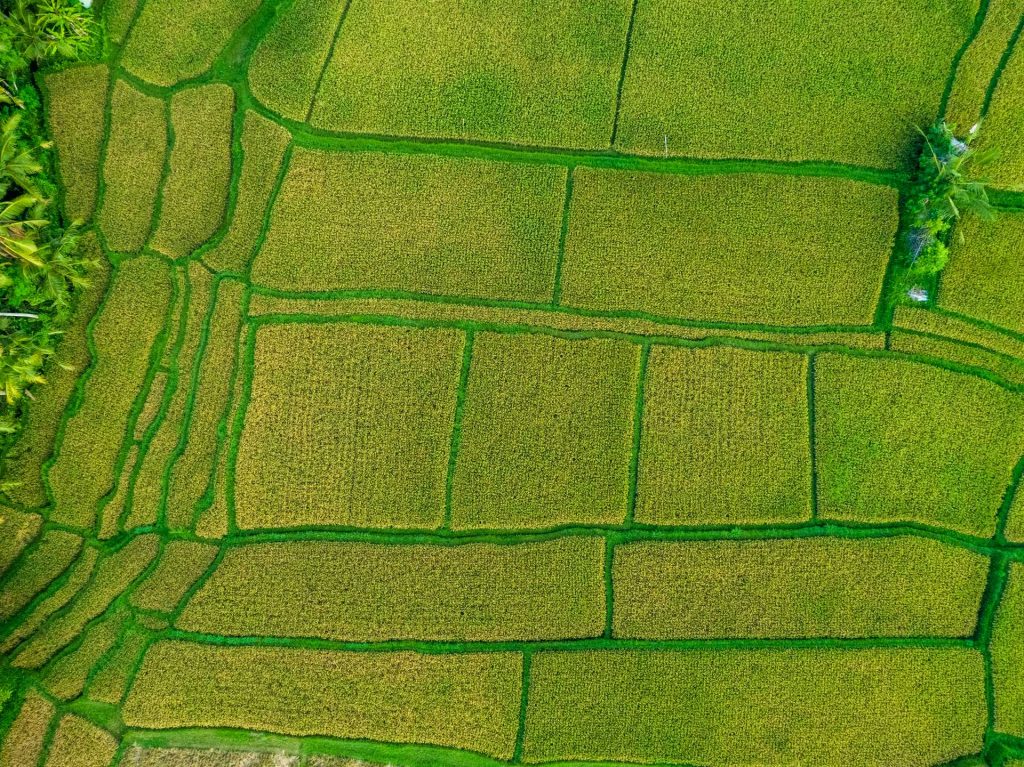
Some certification schemes are formally recognized as equivalent to GLOBALG.A.P. standards. This form of benchmarking avoids the need for duplicate audits and simplifies certification for producers. In turn, this reduces costs, administration, time, and effort for producers, suppliers, and retailers – contributing to higher engagement in safe and responsible farming.
In 2022, we offered benchmarking recognition to 16 equivalent schemes/checklists which conform to GLOBALG.A.P. requirements. By achieving GLOBALG.A.P. benchmarking recognition, the benchmarked schemes and checklists also enjoy international acknowledgement – a valuable advantage in a highly competitive global market. There were also six resembling schemes – those which conform to GLOBALG.A.P. general regulations and product-specific principles and criteria to a large extent, with some exceptions.
The role of the Benchmarking Committee
The Benchmarking Committee is composed of independent technical experts representing the agricultural industry and supply chain. The GLOBALG.A.P. Secretariat appoints members for each scheme/checklist applying for benchmarking. The Committee is responsible for evaluating the benchmarking process results report and recommending a recognition level for each applicant scheme/checklist.
2022 benchmarking figures:
| Scheme Name | Scheme Owner | Country | Product category | Category | Version |
|---|---|---|---|---|---|
| AGROCALIDAD BPA | Agencia Ecuatoriana de Aseguramiento de la Calidad del Agro – AGROCALIDAD | Ecuador | FV | Checklist | GLOBALG.A.P. IFA V5.1 – Guía de BPA Version 1 |
| AMAG.A.P. | Agrarmarkt Austria Marketing GesmbH | Austria | FV | Scheme | GLOBALG.A.P. IFA version 5.2 – AMAG.A.P. version 2018 |
| ChileG.A.P. | Asociación de Exportadores de Frutas de Chile, A.G. (ASOEX) | Chile | FV | Checklist | GLOBALG.A.P. IFA version 5.2 – ChileG.A.P. version 5.2 |
| EHPEA Code of Practice for Sustainable Flower Production (Silver Level) | Ethiopian Horticulture Producer Exporters Association (EHPEA) | Ethiopia | FO, PPM | Scheme | GLOBALG.A.P. IFA version 5.2 – EHPEA version 5.1 |
| IKB Varken Varkenshouders | Kiwa VERIN B.V. | Netherlands | Pigs | Scheme | GLOBALG.A.P. IFA version 5.2 – IKB version 22 |
| KFC Flowers and Ornamentals Sustainability Standard | Kenya Flower Council | Kenya | FO | Scheme | GLOBALG.A.P. IFA version 5.2 – KFC version June 2019 |
| MPS-GAP | MPS Milieu Programma Sierteelt | Netherlands | FO, PPM | Scheme | GLOBALG.A.P. IFA version 5.2 – MPS-GAP version 11.1 |
| naturane | ANECOOP S. COOP. | Spain | FV | Checklist | GLOBALG.A.P. IFA version 5.2 – naturane version 5.2 |
| New Zealand GAP | Horticulture New Zealand Inc. | New Zealand | FV | Scheme | GLOBALG.A.P. IFA version 5.2 – New Zealand GAP version 6.2 October 2019 |
| QS-GAP | QS Qualität und Sicherheit GmbH | Germany | FV | Scheme | GLOBALG.A.P. IFA 5.2 – QS-GAP version 4.0 Ed. 2022 |
| SwissGAP Hortikultur | Verein SwissGAP | Switzerland | FO | Scheme | GLOBALG.A.P. IFA version 5.2 – SwissGAP Hortikultur Version2017-V2 |
| Scheme Name | Scheme Owner | Country | Product category | Category | Version |
|---|---|---|---|---|---|
| OHAS Grower Standard | Ornamental Horticulture Assurance Scheme (OHAS) | United Kingdom | FO | Scheme* | GLOBALG.A.P. IFA version 5.2 – OHAS Grower Standard version 4 |
| Florverde Sustainable Flowers (FSF) | Asocolflores | Colombia | FO | Scheme | GLOBALG.A.P. IFA version 5.2 – FSF version 7.1 |
| IKB Nederland Varkens | De Groene Belangenbehartiger (DGB) subsidiary Varkenspost.nl | Netherlands | Pigs | Scheme* | GLOBALG.A.P. IFA version 5.2 – IKB Nederland Varkens version 12.0 and 13.0 |
| Red Tractor Assurance for Farms Fresh Produce Scheme | Assured Food Standards Ltd / Red Tractor Assurance | United Kingdom | FV | Scheme* | GLOBALG.A.P. IFA version 5.2 – Red Tractor Fresh Produce v5.0 (Nov2021) |
| SwissGAP Früchte, Gemüse und Kartoffeln (FGK) | Verein SwissGAP | Switzerland | FV | Scheme | GLOBALG.A.P. IFA version 5.2 – SwissGAP FGK version 2017-V2 |
| Vegaplan Standard for primary Crop Production | Vegaplan vzw | Belgium | GLOBALG.A.P. CfP | Scheme | GLOBALG.A.P. CfP V1.0 – Vegaplan V3.0 |
* Supplement to reach equivalence available
| Scheme Name | Scheme Owner | Country | Product Category | Category |
|---|---|---|---|---|
| ChinaGAP | Certification and Accreditation Administration of the People's Republic of China (CNCA) | China | FV, FO, CC, Tea | Scheme |
| EHPEA Code of Practice for Fruit, Vegetable and Herb Production (Silver Level) | Ethiopian Horticulture Producer Exporters Association (EHPEA) | Ethiopia | FV | Scheme |
| FlorEcuador | Asociación Nacional de Productores y Exportadores de Flores del Ecuador EXPOFLORES | Ecuador | FO | Scheme |
| SaudiGAP | Ministry of Environment, Water and Agriculture – Kingdom of Saudi Arabia | Saudi Arabia | FV | Checklist |
| IndG.A.P. | Quality Council of India | India | FV | Scheme |
Integrity program

The Integrity Program, the first of its kind in food certification, has been closely monitoring GLOBALG.A.P. approved certification bodies (CBs) and their activities since 2008.
With over 2,900 auditors working for more than 190 accredited certification bodies certifying hundreds of products, keeping the confidence of our stakeholders is our top priority. Our flagship IFA standard alone covers over 750 products and almost 200,000 producers across more than 135 countries on 5 continents*.
The Integrity Program is designed to ensure the consistent delivery and implementation of GLOBALG.A.P. standards worldwide. It also acts as a feedback mechanism that serves the continuous improvement of all aspects of the GLOBALG.A.P. system.
*These figures represent producers certified to the GLOBALG.A.P. IFA standard and benchmarked schemes.
The role of the Integrity Surveillance Committee
Integrity Surveillance Committee members are industry experts with a local legal background. The members are appointed by the Advisory Board but work independently and meet at least twice a year. The Integrity Surveillance Committee assesses integrity issues and CB non-conformances and proposes correctional measures and sanctions.
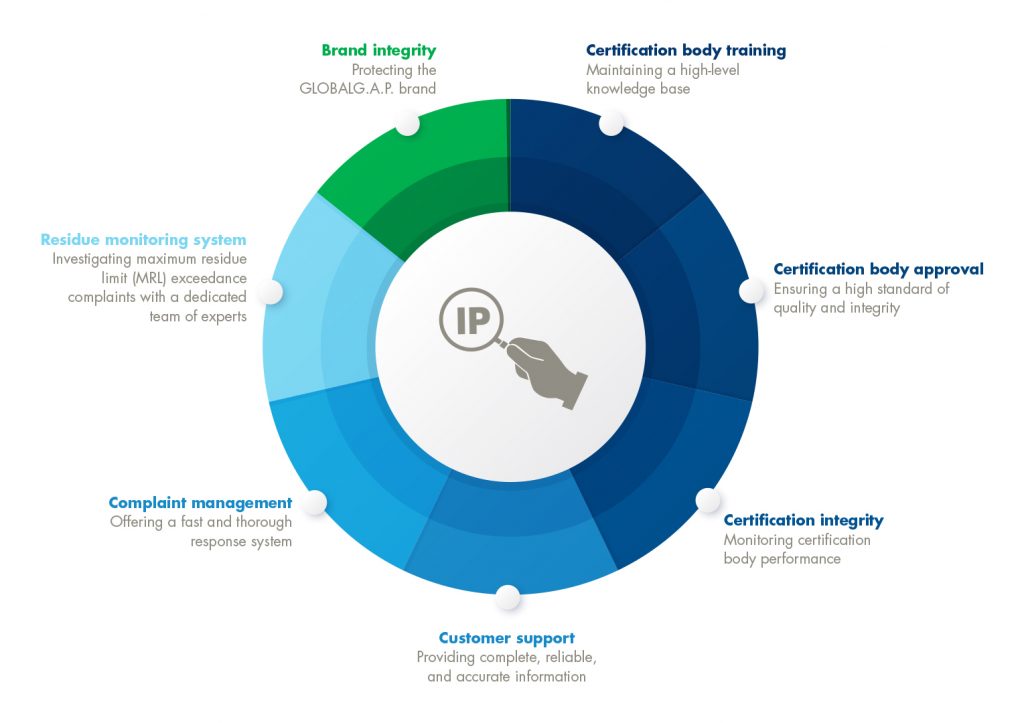
Integrity Program 2022 in Numbers:
The Integrity Program publishes its own activity report each year. Find the 2022 Integrity Report here.
GLOBALG.A.P. IT systems
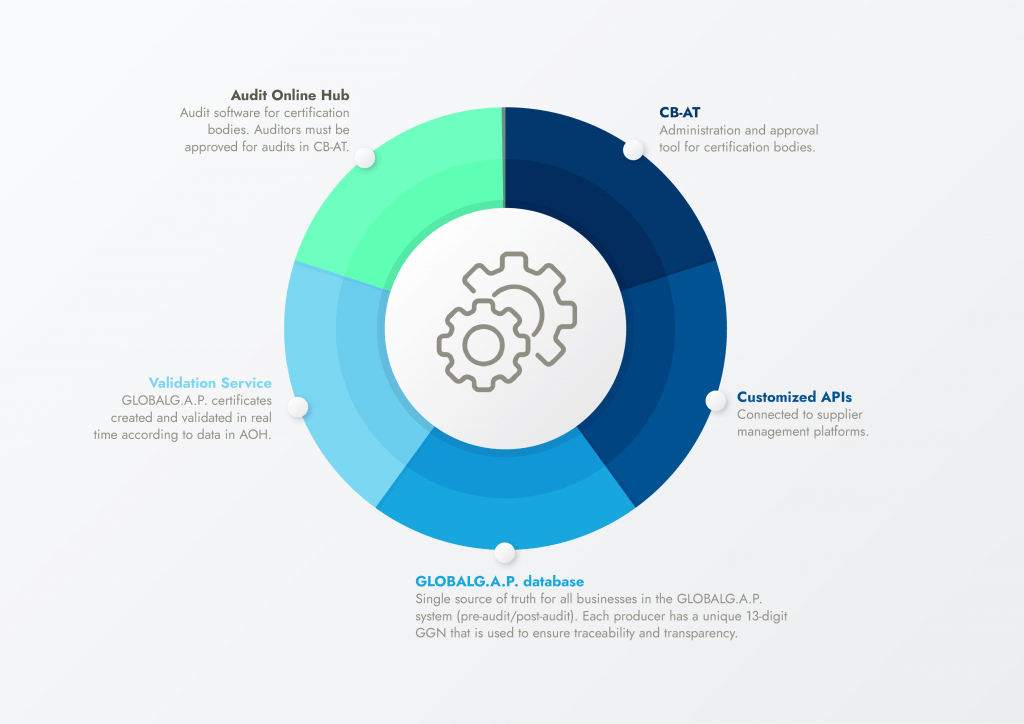
GLOBALG.A.P. farm assurance products rely on a network of interconnected IT systems with which users interact on a daily basis. These systems create a framework for producers, CBs, and supply chain members and ensure that each GLOBALG.A.P. claim can be verified. Learn more about our systems below.
Certification Body Administration Tool (CB-AT)
The GLOBALG.A.P. tool for managing auditor qualifications
GLOBALG.A.P. approved CBs must register their auditors and their respective qualifications in this system so that the GLOBALG.A.P. Secretariat can (re)approve them for auditing duties as appropriate. The connection between CB-AT and AOH means that only registered and approved auditors can conduct audits and share the relevant data, strengthening the integrity of the GLOBALG.A.P. system.
Audit Online Hub (AOH)
The digital hub for GLOBALG.A.P. audits
As part of the goal of simplifying the audit process and continually improving GLOBALG.A.P. standards, AOH was developed to help CBs collect audit data information in a modern, efficient, and uniform way. AOH is currently in use for a limited selection of standards and is being further developed for our new era of smart farm assurance solutions.
The GLOBALG.A.P. database
An information bank of producers with certified production processes around the world
The GLOBALG.A.P. database contains all producers worldwide with a GLOBALG.A.P. certificate and lists their unique 13-digit GLOBALG.A.P. identification number, e.g., a GGN or an LGN. All of the relevant product, certification, and assessment information is stored here, providing instant, complete accessibility for retailers and traders to confirm the registration and status of producers and the validity of their certificates. To ensure traceability and transparency, any GLOBALG.A.P. identification number not found in the GLOBALG.A.P. database is considered immediately invalid.
Validation Service
The smart way to issue certificates
Validation Service is a tool that GLOBALG.A.P. approved CBs use to create and issue certificates and letters of conformance for GLOBALG.A.P. standards and add-ons. The system was built in 2020 and is currently in use for a limited selection of standards and add-ons. It is being further developed for our new era of smart farm assurance solutions.
< PREVIOUS
ADD-ONS
NEXT >
GGN LABEL
